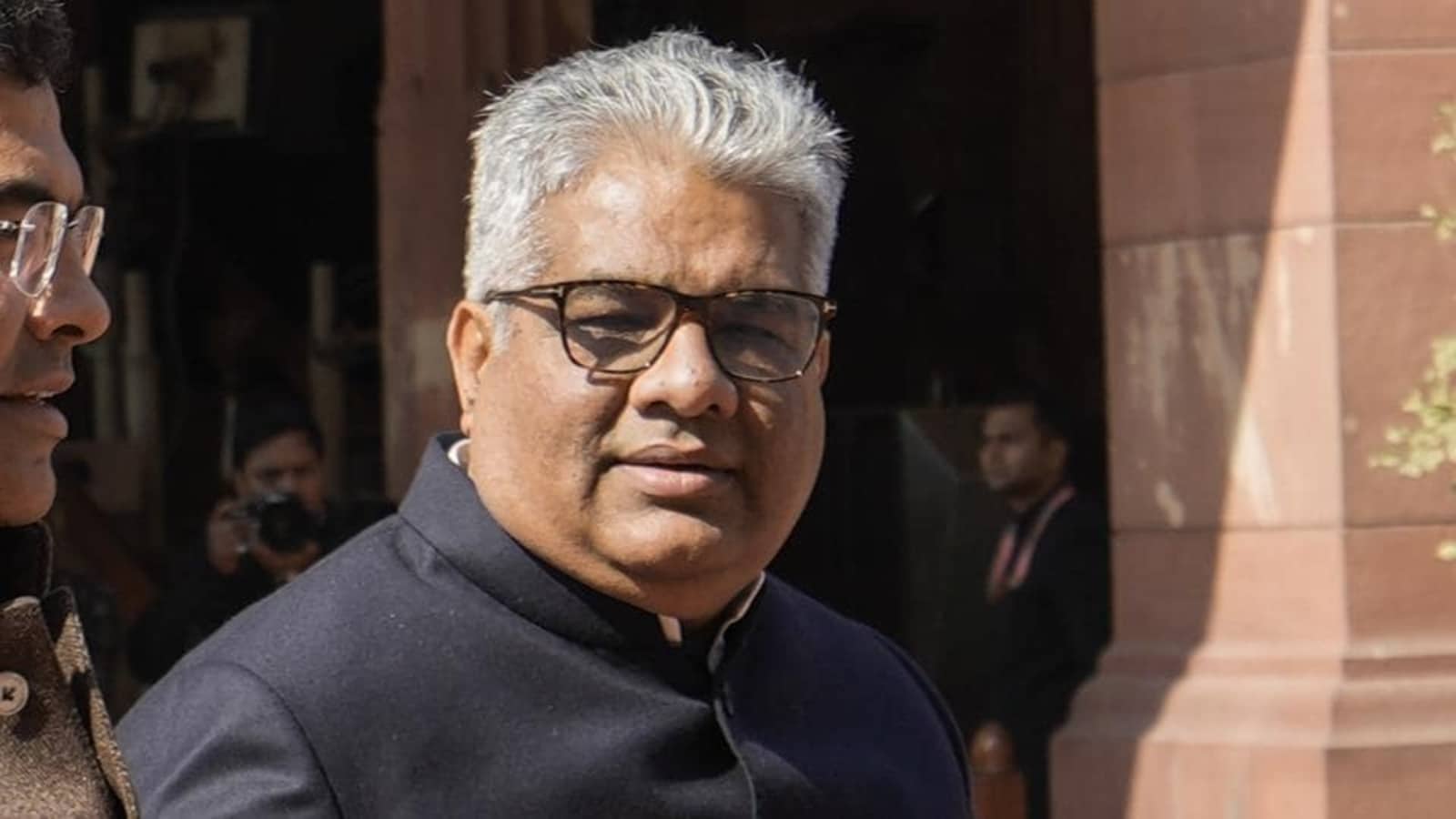Insights on Leadership from Bhupender Yadav

Union Minister for Environment, Forest and Climate Change, Shri Bhupender Yadav, delivered a compelling address at the SOUL Leadership Conclave. His speech focused on the essential elements of effective leadership, self-discipline, and personal growth. Yadav emphasized the significance of continuous learning, personal conduct, and philosophical insights in shaping leaders committed to the greater good. His insights provide a roadmap for aspiring leaders, highlighting the importance of inner growth alongside external achievements.
Continuous Learning: A Cornerstone of Ultimate Leadership
Shri Bhupender Yadav began his address by congratulating the SOUL organization for its mission to cultivate ultimate leadership. He shared personal experiences with his mentor, who exemplified a lifelong commitment to learning and self-improvement. Yadav pointed out that leadership is not merely about attaining a high position; it is about the ongoing journey of learning and evolving. He stressed that true leaders must remain humble and open to new knowledge, regardless of their age or stage in life.
Citing his mentor’s example, Yadav illustrated that even at the pinnacle of one’s career, the pursuit of knowledge is vital for personal growth. He encouraged the audience to embrace continuous learning as a fundamental aspect of leadership. This commitment to learning fosters adaptability and resilience, qualities essential for navigating the complexities of modern leadership. By prioritizing education and self-improvement, leaders can inspire those around them and contribute positively to society.
Personal Conduct and Discipline: Building a Strong Foundation for Leadership
The Minister further elaborated on the connection between leadership and personal conduct. Drawing inspiration from ancient Indian philosophies, including the Geeta and Patanjali’s Yogasutra, Yadav explained that true discipline transcends mere adherence to rules. It involves aligning one’s inner values with external actions. He emphasized that discipline is a holistic practice that nurtures the balance between the soul, body, and society.
Yadav underscored the importance of adopting a disciplined lifestyle to enhance leadership qualities. He referenced Patanjali’s teachings, which advocate for yoga as a means to achieve self-control and inner balance. Through discipline, leaders can cultivate the qualities necessary for ultimate leadership. By practicing self-discipline, individuals can develop the focus and clarity needed to make sound decisions and inspire others. This foundation of personal conduct and discipline is crucial for anyone aspiring to lead effectively.
The Power of Mind Control and Practice
In today’s fast-paced world, distractions abound, making it challenging for leaders to maintain focus. Yadav highlighted the necessity of practicing detachment and self-control to navigate the chaos of everyday life. He stated, “The body is unrestrained, but practice, only through practice, is what leads to self-mastery.” This statement encapsulates the essence of leadership in a world filled with external pressures.
Yadav shared anecdotes illustrating how individuals often succumb to fleeting thoughts and distractions. He emphasized that sustained practice is essential for maintaining mental clarity and composure. Whether in politics, administration, or any other field, leaders must cultivate the ability to stay grounded. By mastering their minds, leaders can lead with confidence and purpose, inspiring those around them to do the same.
Embracing Philosophical Wisdom: The Role of Yoga and Detachment in Leadership
Shri Yadav delved into the philosophical teachings of the Yogasutra, emphasizing that leadership is as much about internal growth as it is about external achievements. He discussed the importance of fostering a deep internal relationship with oneself and the surrounding world. This connection is the essence of effective leadership.
He cited Patanjali’s principles of practice (Abhyasa) and detachment (Vairagya) as critical components for transforming one’s life. Yadav clarified that detachment does not imply abandoning the world; rather, it involves remaining unaffected by distractions and external disturbances. This approach enables leaders to build resilience and inner strength, essential qualities for leading with integrity and purpose.
Friendship, Compassion, and Contribution: The Pillars of Leadership
In his concluding remarks, Yadav shared a powerful message about the importance of friendship, compassion, and societal contribution. He asserted that true leadership is rooted in positive relationships. Leaders should not only seek personal elevation but also support those around them. “Friendship and compassion are essential qualities for a leader,” he stated, emphasizing the need for empathy towards others.
He encouraged the audience to adopt a contributory attitude rather than a competitive one. According to Yadav, contributing positively to society leads to greater fulfillment and personal growth. He urged individuals to focus on adding value to the world rather than comparing themselves to others. This mindset fosters a sense of community and shared purpose, which is vital for effective leadership.
Observer Voice is the one stop site for National, International news, Sports, Editor’s Choice, Art/culture contents, Quotes and much more. We also cover historical contents. Historical contents includes World History, Indian History, and what happened today. The website also covers Entertainment across the India and World.
Follow Us on Twitter, Instagram, Facebook, & LinkedIn

